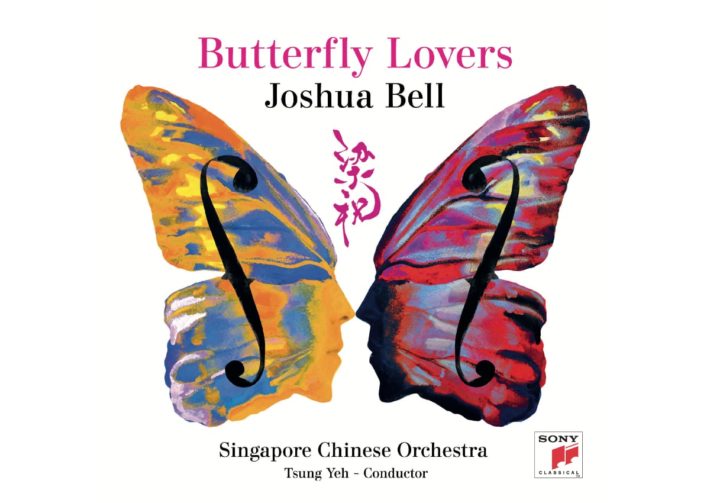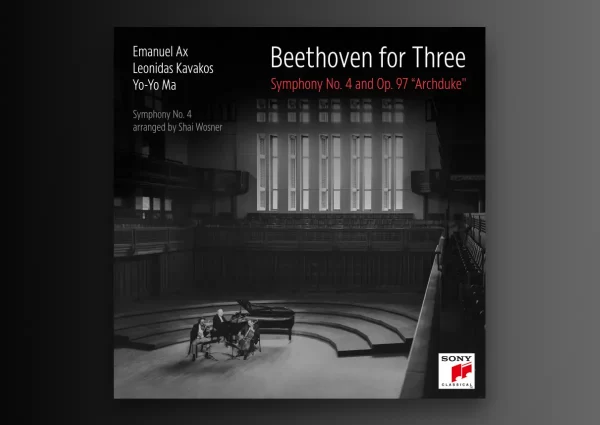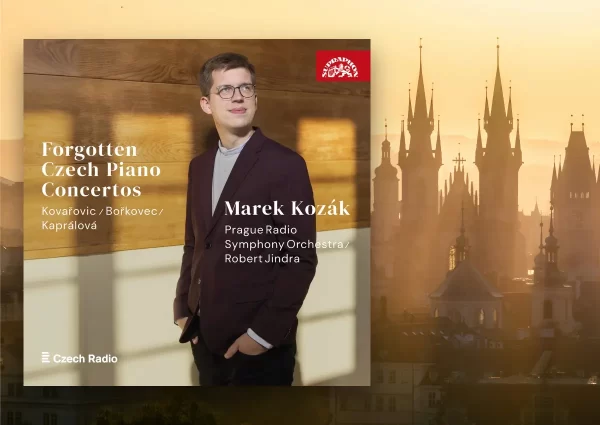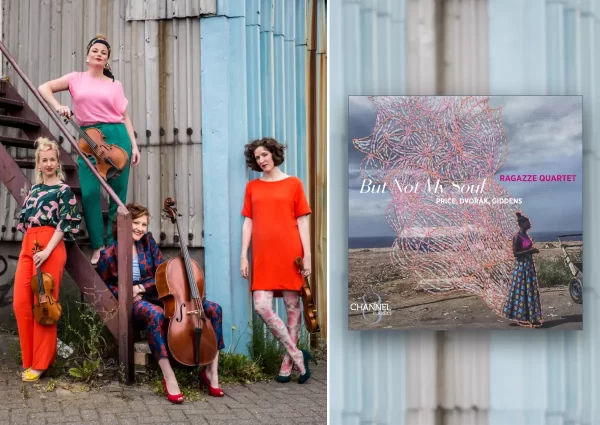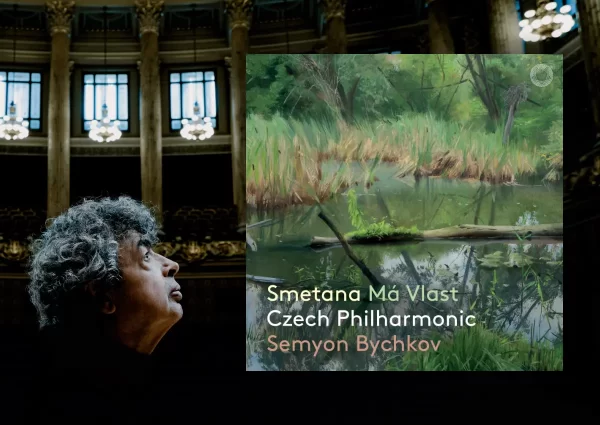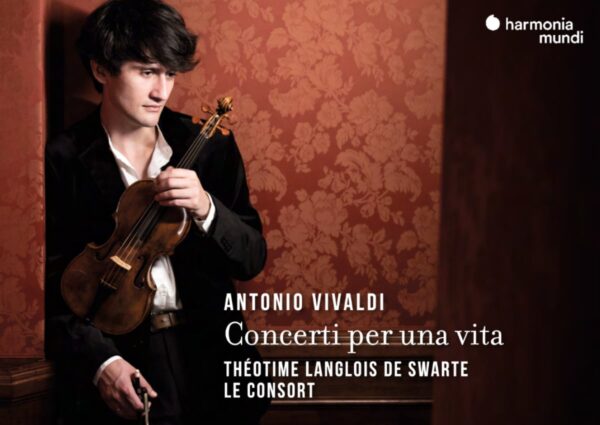The centerpiece of Joshua Bell’s new album, the Butterfly Lovers Concerto, derives its inspiration from an ancient Chinese legend of the same name; composed in 1959 by Chen Gang and He Zhanhao, the work was originally scored for a standard orchestra. However, this performance has been adapted to include some traditional Chinese instruments. The Singapore Chinese Orchestra also accompanies Bell on other selections including Massenet’s Meditation de Thaïs and Sarasate’s Ziguenerweisen—again with orchestration that includes these instruments.
The hopeful opening of the Butterfly Lovers Concerto glimmers with hope: the slight rustling of the
strings creates a backdrop for the dizi flute. The fluttering trills and playful leaps are well played, but the dizi sounds regretfully relegated to the farthest corners of the stage. Bell’s entrance offers a good recovery, though; the idyllic melody sees Bell play with delicacy and translucence. The performers bring out the relaxed and carefree character of this Adagio Cantabile well but also offer more panoramic sounds in the expansive sections.
The Allegro (track 2) kicks the liveliness up a notch but still retains the sense of gracefulness heard prior. While the sound is pleasing to the ear, the energy of the movement calls for more electricity: Bell’s virtuosity is on display with the sparkling runs but each note might shine even more if given a little more weight. The orchestra, perhaps so as not to overshadow the soloist, also comes off as hesitant where its presence and support is needed.
Related Posts
- Review: Secret Love Letters – Lisa Batiashvili, Violin
- Review: Saint-Saëns: Complete Symphonies – Măcelaru
- Review: “Anima Rara” – Ermonela Jaho, Soprano
In the Pesante (track 4), conductor Tsung Yeh and performers seem to find a better equilibrium between mood and music: there is more in terms of substance and energy that helps bring out a lively pastoral spirit. At the same time, this does not sacrifice the spotlight on Bell’s intricate fingerwork and bow control. What is immensely bothersome, however, is the sound engineering: while Bell mic’s seems decently placed, the orchestra’s is not. As a result, the sound is cavernous and watered down, counteracting the performers’ expressive efforts.
Perhaps as a product of hearing the violin paired with the traditional instruments for the duration of the work, the final movement (which recycles material from the first movement), leaves an interesting effect: Bell’s shifts and slides, combined with his timbre now seems to transform the sounds of the violin itself into a traditional Chinese instrument, namely the erhu. The pleading tone that originally beckoned us into the piece in its beautiful final moments now becomes wistful and reflective.
As for the other works, Massenet’s Méditation de Thaïs is quite lovely. Bell’s tone is supple and gentle, yet piercingly clear. This gives his lines a nice vocal profile that shines against a velvety orchestral backdrop. This work exhibits some better management where sound balance is concerned: satisfying attention is given to the resonant harp ostinato which helps fuel an ongoing dialogue with the soloist.
In Sarasate’s Ziguenerweisen, the presence of the traditional instruments is evident from the start. However—maybe a matter of personal preference—the timbre of these instruments doesn’t seem to integrate so well with the rest of the textures and gives the orchestra a rather pitchy sound. That aside, Bell’s familiarity with the work itself is evident; he has in fact recorded it prior for Decca with Andrew Litton and the Royal Philharmonic Orchestra. This new performance feels a little bolder in terms of how he handles the most emphatic moments of phrases: the accents have plenty of heft but the sound is still rich and pleasant. The runs, skips, and jumps, also have more definition and flair. The final fast section is a showcase of effortless clarity, though Perlman (with Previn & Pittsburgh Symphony) is hard to top with faultless definition and precision in his bowing.
It’s a shame that inconsistent sound engineering and occasionally pale ensemble playing dulls the creative choice to include the traditional instruments, especially in the first work. The others, despite a few hits and misses, do compensate for the shortcomings and make for enjoyable listening.

“Butterfly Lovers”
Joshua Bell – Violin
Singapore Chinese Orchestra
Tsung Yeh – Conductor
Sony classical, CD 19658810972
Recommended Comparisons
Perlman | Zukerman | Marriner | Shaham
Read more classical music reviews or visit The Classic Review Amazon store
Follow Us and Comment:
Get our periodic classical music newsletter with our recent reviews, news and beginners guides.
We respect your privacy.

